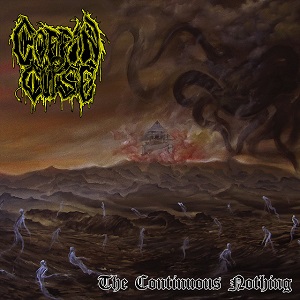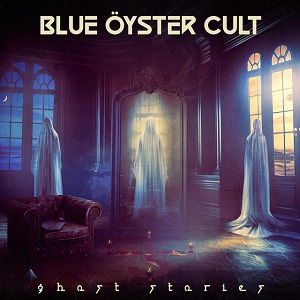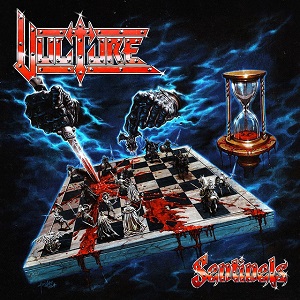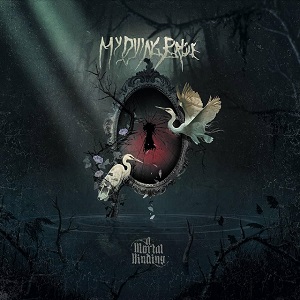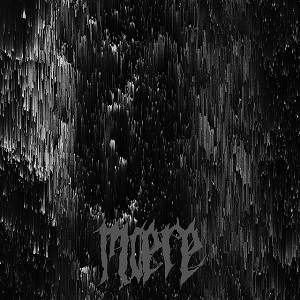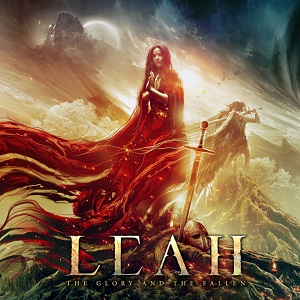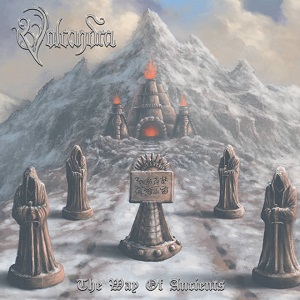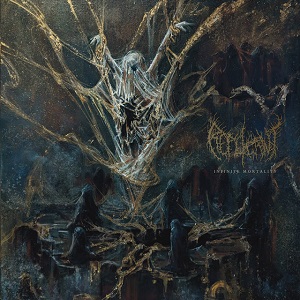PORCUPINE TREE – Bassist Burnt Beyond Belief!
November 9, 2014, 9 years ago
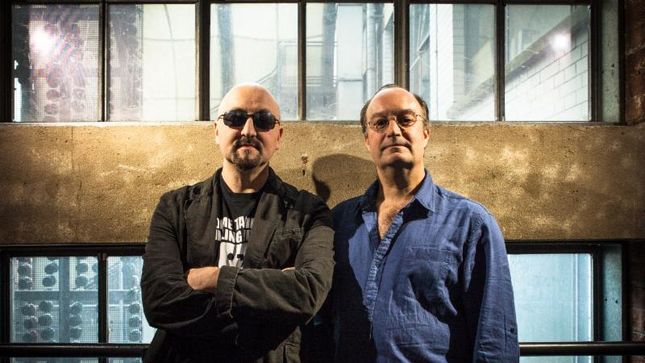
With Porcupine Tree on fathomless hiatus, the mensa-mad members thereof are proving their mettle by creating with academic frenzy all manner of further prog music through sundry solo and collaborative configurations.
No exception is bassist Colin Edwin, who has unfurled a new album called Etymology, with guitarist Jon Durant, as a duo called Burnt Belief.
It’s funny how the eminently polite Colin says, sort of twice, that what they’ve made doesn’t sound, in words, like anything he’d particularly dig, and to be sure, you have to be inclined to visit spicy, instrumental prog to get into Etymology. But another way to look at it, well, it’s one of the many long winding hike-able English roads between the hamlets that are the bright lights of the time you choose to spend in Porcupine Town. And I strongly suggest it’s an enriching place to hang out, and so the wandering between these dales could do with a few soundtracks, and Etymology proves to be a fine oxygenator along the way.
“Etymology... I really don’t like categorizing,” begins Edwin, who proves to be a fine categorizer nonetheless, during a chat down the line where, near enough of a finish, this writer suffered a migraine-induced mini-stroke—but enough on that! “I mean, all of the sort of categories that it falls into tend to be things that I probably wouldn’t pass on as a recommendation to me (laughs). But I mean, there’s elements of ambient music, there’s elements of improvisation, which inevitably bring to mind the jazz word. There’s elements of jazz, there’s elements of... I guess you’d call it Crimson-esque rhythmic kind of complexity in places (laughs)—but it’s none of those things. And I hope it’s not negative crossover. I don’t think it is, because we’ve had some quite positive response to it.”“But to categorize it, I mean, our thinking behind the thing was to create an immersive sort of environment, and a listening environment, if that makes sense. It’s something that you should be able to get caught up in and get engrossed in. And it’s probably a headphone album. But it’s also really about the conversation I have with Jon in a musical sense. But not a lot of discussion about the music—we just kind of do it. We’re feeding off of each other’s interests and building on them. So to kind of categorize it, it’s kind of ambient, slightly laid-back, down-tempo, slightly improvised sort of stuff. It doesn’t really sound very appealing to me (laughs). I mean, there’s elements of intensity in there, and the intensity isn’t always about volume. I guess what I listen for in other people, is to take me into a kind of sound world—if it’s all their own—so you can get involved in it. That’s what we hoped to create.”
Away from the strictures of a big and beloved band, Colin has grown by (abstract) leaps and (quiet) bounds as a fat-stringer.
“Well, I guess I’ve become—mainly by accident—a bit of a serial collaborator,” reflects Edwin, asked about what he does more of an less of as a bassist in recent years. “But my outlook is totally shaped by what I’m doing. I guess I’ve got a style, but I’m probably too close to it to describe it to anybody. But I’ve become a bit more reductionist, I know that. I’m very into space. I like to think that I’m reacting, or interacting with what I’m doing, whether it’s with a person or whether it’s with a piece of music that I’ve been sent to play on. My kind of thing is, if I listen to something enough, the answer is kind of in the music, if you know what I mean. What I should do is dictated by that. So there’s a certain loss of ego that goes with that (laughs). I’m totally into that. I don’t feel the need to kind of show off. But paradoxically, I think I get asked to do things more on that basis, probably because it’s always about being respectful to what I’m playing to.”

The surfeit of dreamy percussion on Etymology comes from many angles, but that seems to be because Colin and Jon are necessarily set free to dabble.
“Yes, well, I think the big difference with Etymology is, obviously, I’m much more involved in the rhythmic elements, because I’m doing a lot of the programming as well. With Porcupine Tree, I’m not really doing that, apart from a few demo ideas that I submit to the band, when we’re getting together. Etymology is more of my rhythmic thinking. Gavin’s a very particular kind of drummer. He’s got his own take, and he’s got his own philosophy within. I don’t know if you’re familiar with his kind of rhythmic illusion thing he’s done, which he’s written books about. But when it comes to the other stuff I do, I’ve got a slight OCD side to my personality, which doesn’t come out with Porcupine Tree, because I’m not involved in the programming side. So here I can actually enjoy sitting and programming in odd rhythms and playing along with them. In a sense I’ve never really needed to do that with Porcupine Tree. Gavin’s got enough ideas of his own, that I can just concentrate on playing the bass. But I like the contrast. I guess you can say I’ve got more responsibility with rhythmic stuff here than with any other project, because I can get much more involved in the programming side of things.”“I don’t like to think of it as being a legacy,” chuckles Colin, asked about his superlative main band and what they’ll be remembered for. “It sounds a bit weighty; that’s a weighty responsibility. People could probably say that we went completely against the grain of what was popular, and we managed to gain an audience. Which I guess is something to be proud of. The Internet is part of that for sure, because it was a very organic, word-of-mouth growth with the band, which took a really long time. At times it felt like being in a traffic jam (laughs). But it’s definitely been the case that the people who discovered Porcupine Tree over the years have got into it, not because they heard it on the radio, not because they saw us on TV, but mainly because they were recommended by friends or they heard it through nonmainstream channels, I guess. And that’s resulted in people being kind of a bit fanatical about it. They kind of love it more, I guess, because they discovered it themselves.”
Is there a sense of frustration that Joe Bonamassa and Peter Gabriel and Robert Plant would rather... not? (okay, didn’t really ask it like that, but you get the drift).
“To be honest, I think frustration is the wrong word,” says Colin. “I mean, I’m not thinking about Porcupine Tree. I’m not worried about it. I’m quite happy in a new role, if you like. I mean, it’s on a different level, and it’s a different thing, but I’ve had experiences in the last four years that wouldn’t have been possible if the band was working over those last four years. And they’ve been some quite enriching experiences, and they’ve given me a lot of confidence to kind of strike out. Perhaps in a band situation, you kind of fit into a role, if you like. So in any group situation... my role in Porcupine Tree, it can only follow a certain area. You know, that’s fine, because that’s the way our personalities fit together, and that’s the way that the unit operates. But I have other opportunities. Being a collaborator... it’s really fascinating to me to have other people bring things out of me that I didn’t know were there, if you like. And I’m quite happy about having an opportunity to do that. That’s not possible when you have to spend a year-and-a-half on tour. It’s just not possible. So I love Porcupine Tree. I hope we don’t wait too long before we do some more stuff together, but I’m not kind of missing all of it, if you see that I mean.”“I think the interest in the band definitely hasn’t declined it all,” answers Colin, gamely, in response to an incomprehensible last question spoken by somebody having a form of stroke—seriously, bloody ‘ell. “I’m pretty confident about that. I mean, a lot of people ask me about it still. I have to say from my perspective, that the band went way further than I ever thought it would (laughs), as a project. It was a long time before I actually thought it had any kind of viable audience. I did it for my own reasons initially. It was fun to play music like that at the time. It was an interesting project to be part of, but I had no expectations that we were ever gonna years later be discussing it (laughs) or we’d get anywhere near as far as we did. So it always felt like a kind of bonus that we got that far. I’m very proud of the fact that it’s really touched a lot of people. And all over the world. I have to say, a few weeks ago, I did an interview with a guy from Pakistan, and he’s assuring me there’s loads and loads of people there that love Porcupine Tree. It’s gratifying to hear that, even though we haven’t done anything for a few years. So I’m very happy to have been part of something, whether it does anything or not, you know. I guess we’ve always been a bit of a cult act. And that’s kind of part of it. The definition of a cult band, someone said to me, is a band that few people love too much. It’s nice, really. I’m very proud of that.”


